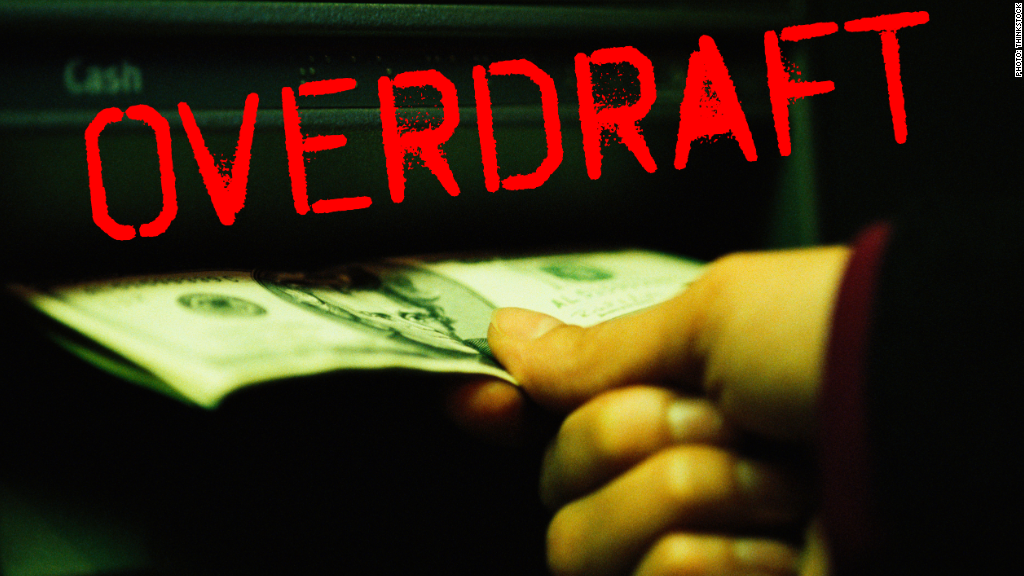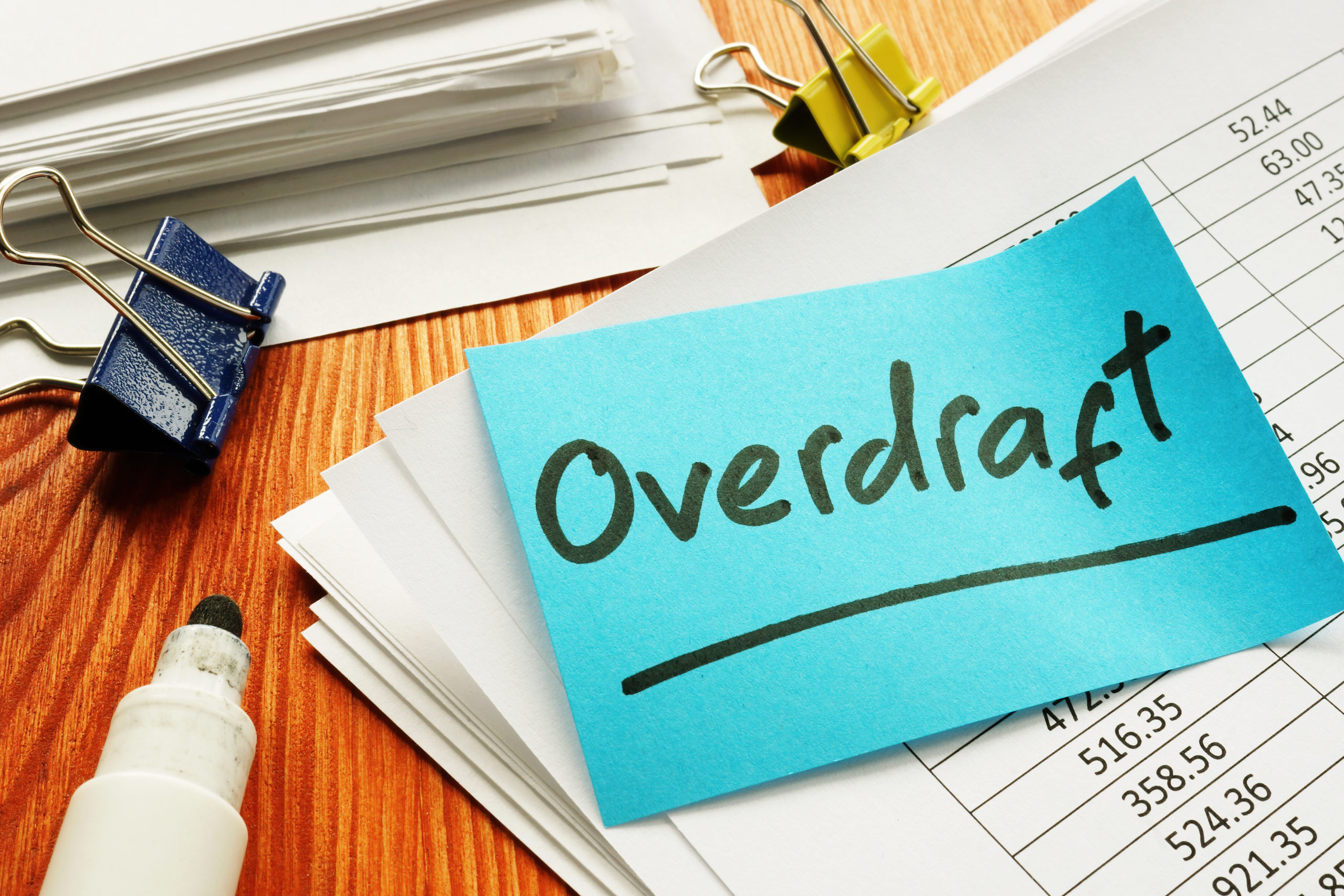Overdraft
An overdraft is a financial arrangement provided by banks and financial institutions that allows account holders to withdraw more money from their bank account than they actually have available, essentially creating a short-term loan.
an overdraft is a financial tool that provides account holders with temporary access to funds beyond their account balance, with interest and fees charged on the overdrawn amount. It offers flexibility and convenience but should be used prudently to avoid excessive fees and financial strain.
Key Features
- Credit Limit: The bank or financial institution sets a predetermined credit limit for the account holder, which represents the maximum amount they can overdraw from their account.
- Flexible Usage: Overdrafts are flexible and can be used as needed. Account holders can withdraw funds, make payments, or write checks, even if their account balance is insufficient.
- Interest Charges: Overdrafts typically incur interest charges or fees on the amount overdrawn. The interest rate may vary depending on the bank and the terms of the overdraft.
- Short-Term Solution: Overdrafts are designed to be a short-term financing solution to cover unexpected expenses, manage cash flow fluctuations, or bridge the gap until the next deposit.
- Approval Process: Account holders usually need to apply for overdraft protection. Approval is based on factors like credit history, income, and account activity.
- Automatic Repayment: When the account holder’s balance returns to a positive level, the overdraft is automatically repaid, often with interest and any applicable fees.
- Fees and Charges: Banks may charge overdraft fees for each transaction that exceeds the account balance, in addition to interest charges.
- Risk Management: Overdrafts help prevent declined transactions, bounced checks, and associated fees, which can be beneficial for account holders.
- Credit Score Impact: While overdrafts do not directly affect credit scores, they can lead to financial strain if not managed properly, which may impact credit indirectly.
- Alternatives: Account holders should consider other financing options, such as personal loans or credit cards, for larger or longer-term financial needs, as overdrafts can be costly for extended use.


